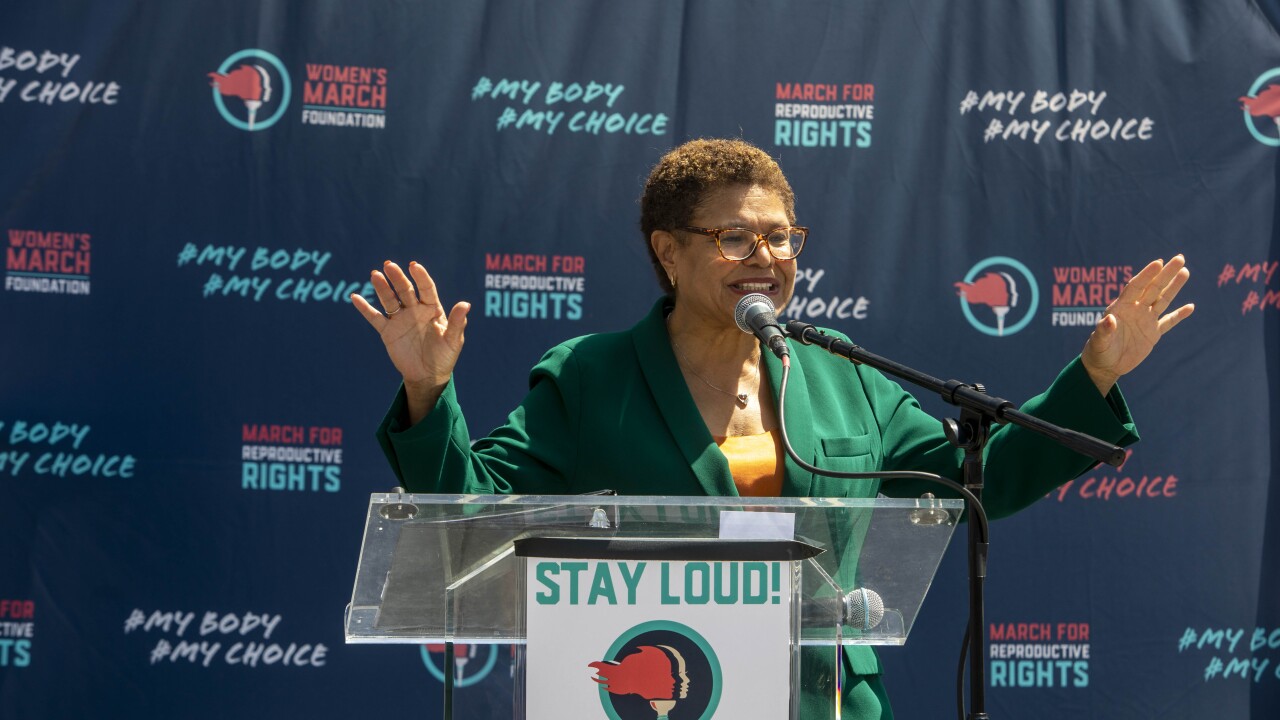DALLAS — Texas budget negotiators agreed late Thursday to accept the Senate’s plan for a $4 billion reduction to state aid for public education over the next two years, ditching the House’s proposal for cuts totaling $7.8 billion.
Further talks were scheduled over the weekend as a 10-member conference committee tries to resolve the differences between the House’s $167.5 billion budget for fiscal 2012-13 and the Senate’s $176.5 billion version.
Negotiators also agreed to a Senate provision that appropriates $257 million over two years for debt service on $3 billion of Proposition 12 general obligation road bonds. The debt would be issued by the Texas Transportation Commission.
Voters approved $5 billion of the debt in 2007 as a constitutional amendment. Unlike earlier road bonds supported by the state’s gasoline tax, the bonds are supported by general fund revenues.
The 2009 Legislature authorized the sale of $2 billion of Proposition 12 bonds, but only appropriated debt service for $1 billion of new road debt. The new $3 billion authorization would exhaust the bond program.
House Speaker Joe Straus, R-San Antonio, said House negotiators now want concessions from the Senate over the use of the rainy-day fund and the Senate’s plan for almost $1 billion more for higher education than the House budget.
Senate Finance chairman Steve Ogden, R-Bryan, said senators might agree to a plan to tie higher education funding to graduation rates if House members concede more funding for state universities.
The House in April approved a bill taking $3.1 billion from the rainy-day fund to resolve a funding gap in fiscal 2010-2011, but the Senate wants to use $4 billion in the current biennium to provide $830 million in the next two-year budget cycle.
The House budget proposal was intended as a starting point, Straus said, with the intention of adding more money if funds became available. He said more money did become available when Comptroller Susan Combs last week raised her estimate of fiscal 2012-2013 general fund revenues by $1.2 billion.
“The additional revenue from the comptroller and the improving economy have allowed House budget negotiators to find an additional $2 billion to fund public schools and another $1 billion for border security, nursing homes, transportation, and higher education, for a total of $3 billion,” Straus said.
“The House has gone more than halfway to meet the Senate, and it is now time for the Senate to do its part by making additional spending cuts,” he said.
Straus warned that time is running out to obtain a budget agreement before the session ends May 30, but Lieut. Gov. David Dewhurst said he is optimistic.
“Although we’ve got a couple of differences, I feel confident we’re going to be able to reach agreement and pass a budget,” Dewhurst said.
The current $187 billion two-year budget, which included $12 billion of federal stimulus funds, included $53 billion of state aid to local education and $22.8 billion for higher education.
Gov. Rick Perry said lawmakers would be ridiculed if a special session is needed to resolve financial issues. “People expect us to get our work done,” he said. “The last thing I think folks want to go home to is, say, 'Even Washington is functioning with a budget. You can’t?’ ”





